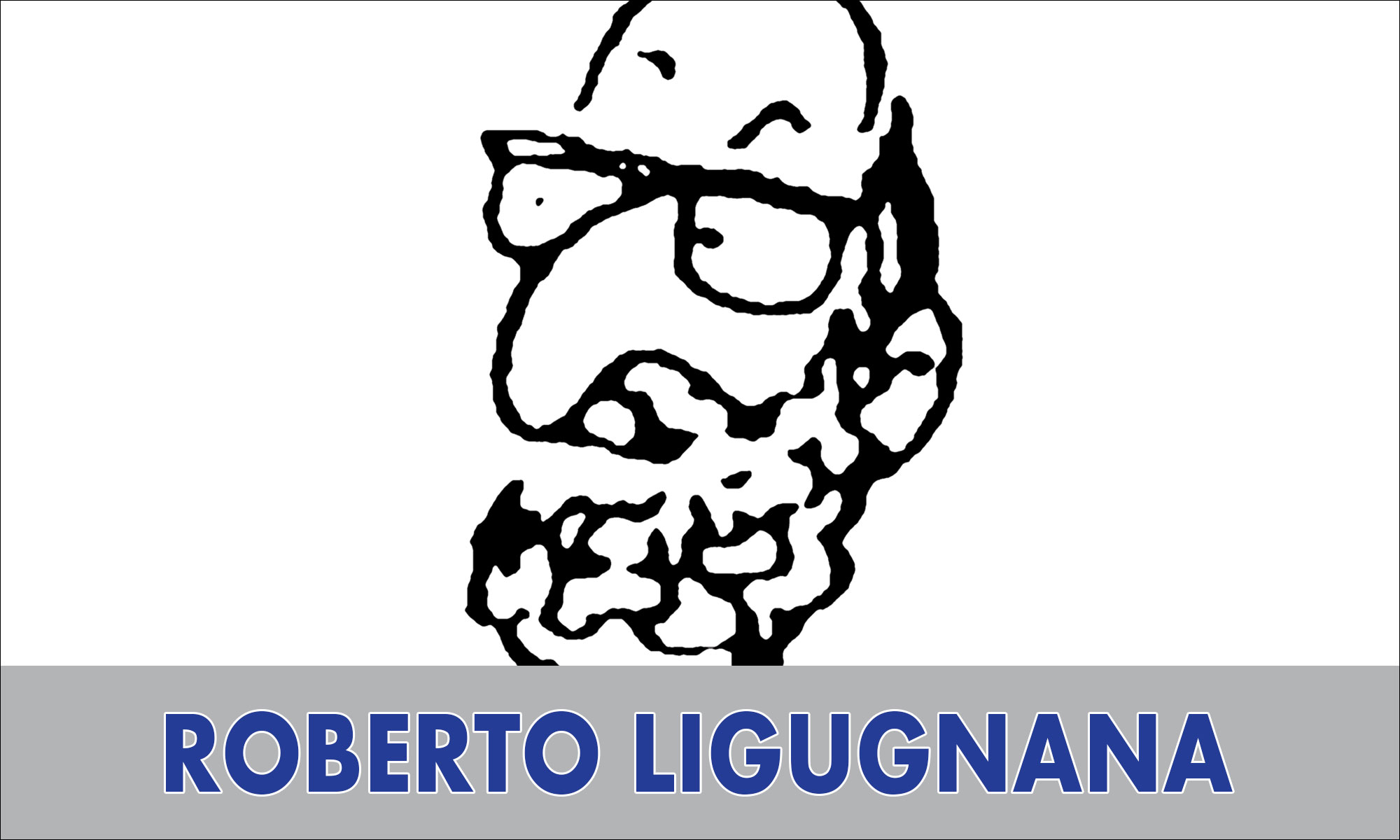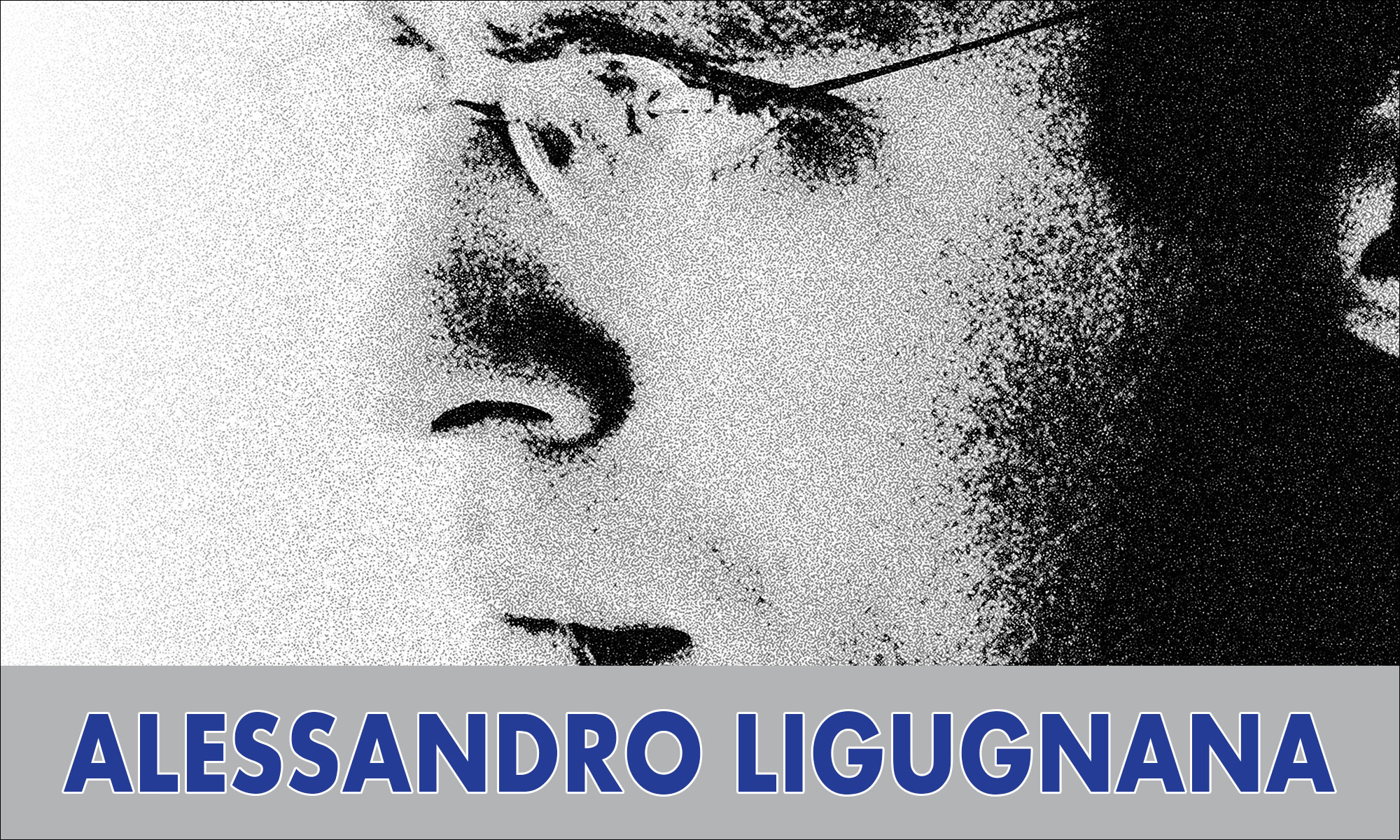Escherichia coli is an important micro-organism for the Nobel
The Nobel Prize is science’s highest honor.
Each year there are only a few Nobel prizes awarded. These go to scientists whose discoveries “have conferred the greatest benefit on mankind”.
We are here reporting a list of Nobel discoveries in which E. coli contributed to receive the prize.
1958 – Bacterial sex and other ways bacteria can share genes with one another
1959 – DNA replication, how life copies its genetic code
1965 – Gene regulation, how genes are turned on or off
1968 – The genetic code, the language in which our DNA is written
1969 – Virus replication, how viruses reproduce inside cells
1978 – Restriction enzymes, cellular “scissors” that allow scientists to cut DNA
1980 – Recombinant DNA, the creation of the first genetically engineered DNA
1989 – RNA as an enzyme, additional roles for RNA discovered
1997 – ATP generation, how cells make ATP, the energy molecule that powers life
1999 – Signal sequences on proteins, one way that cells organize themselves
2008 – Green fluorescent protein, a tag scientists use to track cell components
Font: The American Academy of Microbiology.

















